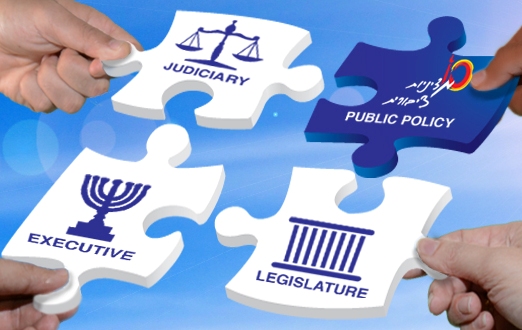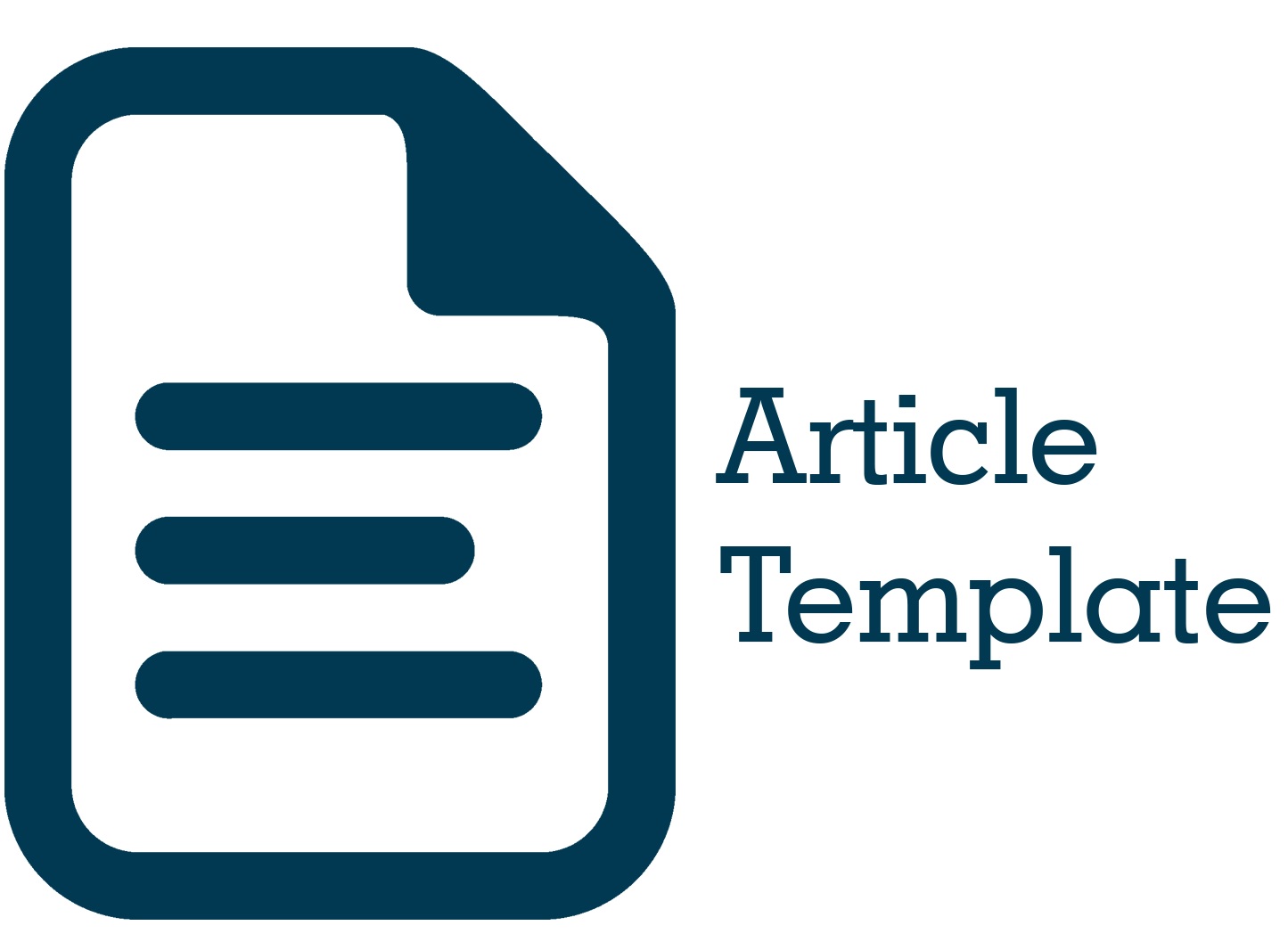Implementasi Program E-SAMSAT Wajib Pajak Kendaraan Bermotor Tahunan
DOI:
https://doi.org/10.51135/PublicPolicy.v5.i1.p537-550Keywords:
Implementation,, Payment of Motor Vehicle Tax,, E-SAMSATAbstract
Payment of vehicle tax is an obligation for all Indonesian people who own motorized vehicles. The government as motor vehicle tax collector has innovations in paying motor vehicle tax so that it is able to adapt to the current phenomenon, namely the development of the digital world or the internet. The program resulting from government innovation is called E-SAMSAT. The E-SAMSAT program aims to make it easier for motor vehicle taxpayers to make tax payments without having to visit the SAMSAT office. This research was conducted to determine the implementation of the E-SAMSAT program in East Surabaya. This research uses a qualitative descriptive method with data collection techniques of observation, interviews and document study. Based on the research results, the implementation of the E-SAMSAT program in East Surabaya has been implemented well because the aim of the program is to be implemented, namely the motor vehicle tax payer community. The SAMSAT office also implements training for staff. The community groups for whom the E-SAMSAT program services were implemented received it well.
Downloads

Downloads
Published
How to Cite
Issue
Section
License
Authors whose manuscripts are published in the Journal of Public Policy must agree to the following terms;
- Publication rights for all manuscript materials published are held by the editorial board with the author's consent.
- The legal formalities for digital access to the Journal of Public Policy are subject to the Creative Commons Attribution Sharealike (CC BY SA) license, which means the Journal of Public Policy has the right to store, redistribute, reformat, manage in a database, maintain, and publish the manuscript without seeking permission from the author as long as the author's name is included as the copyright owner.
- Published manuscripts are open access for the purpose of disseminating research results. Besides this purpose, the editorial board is not responsible for copyright law violations.


.png)



